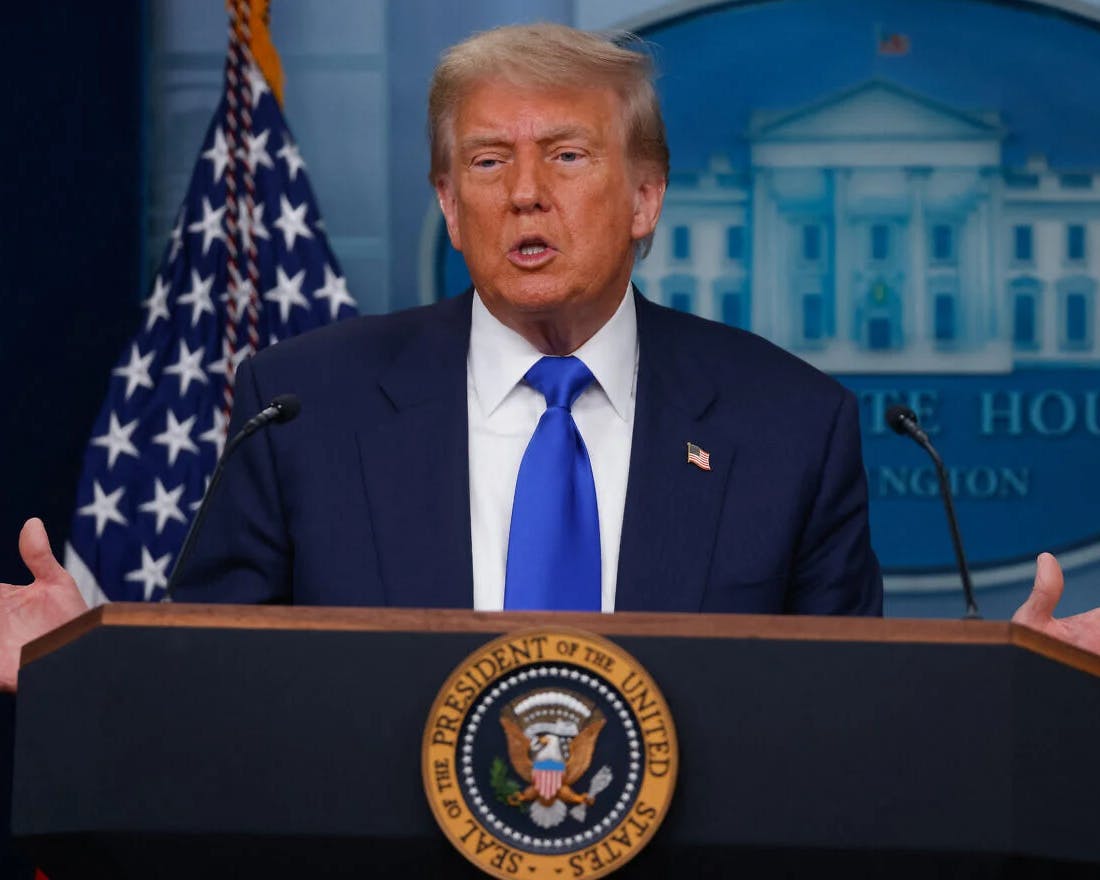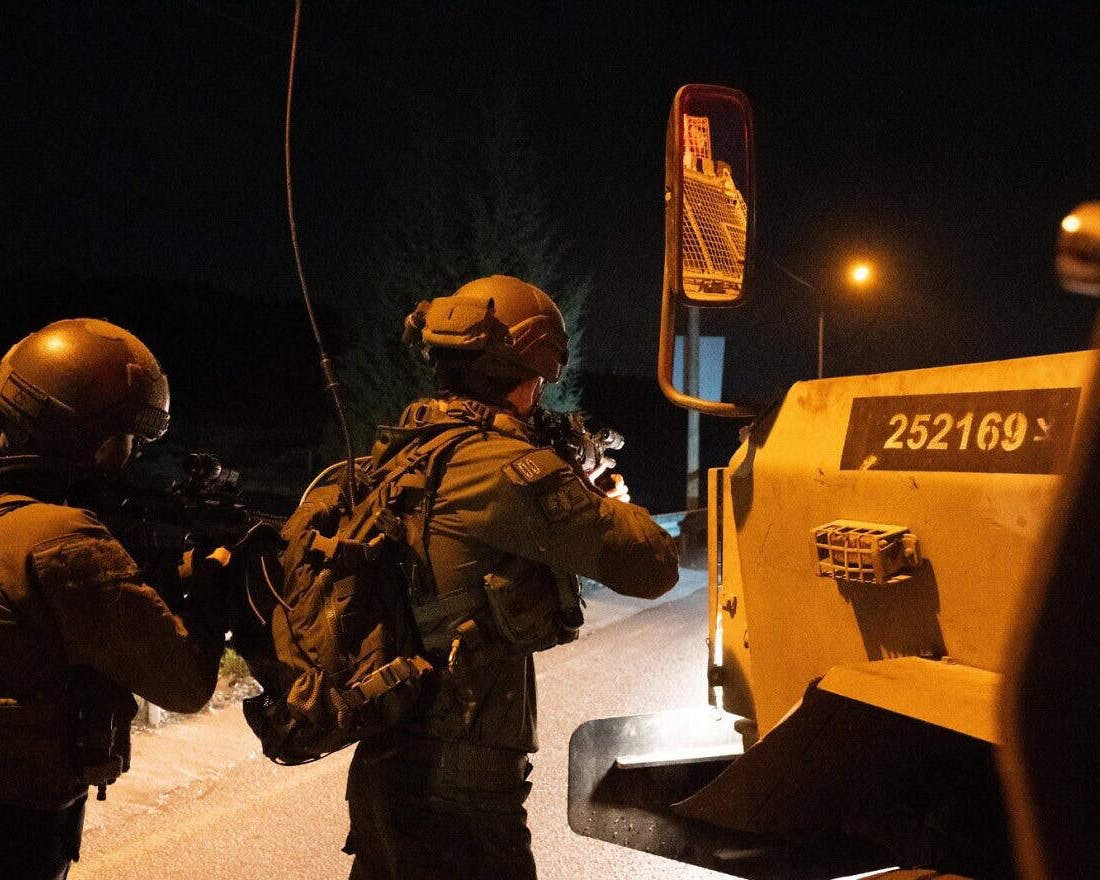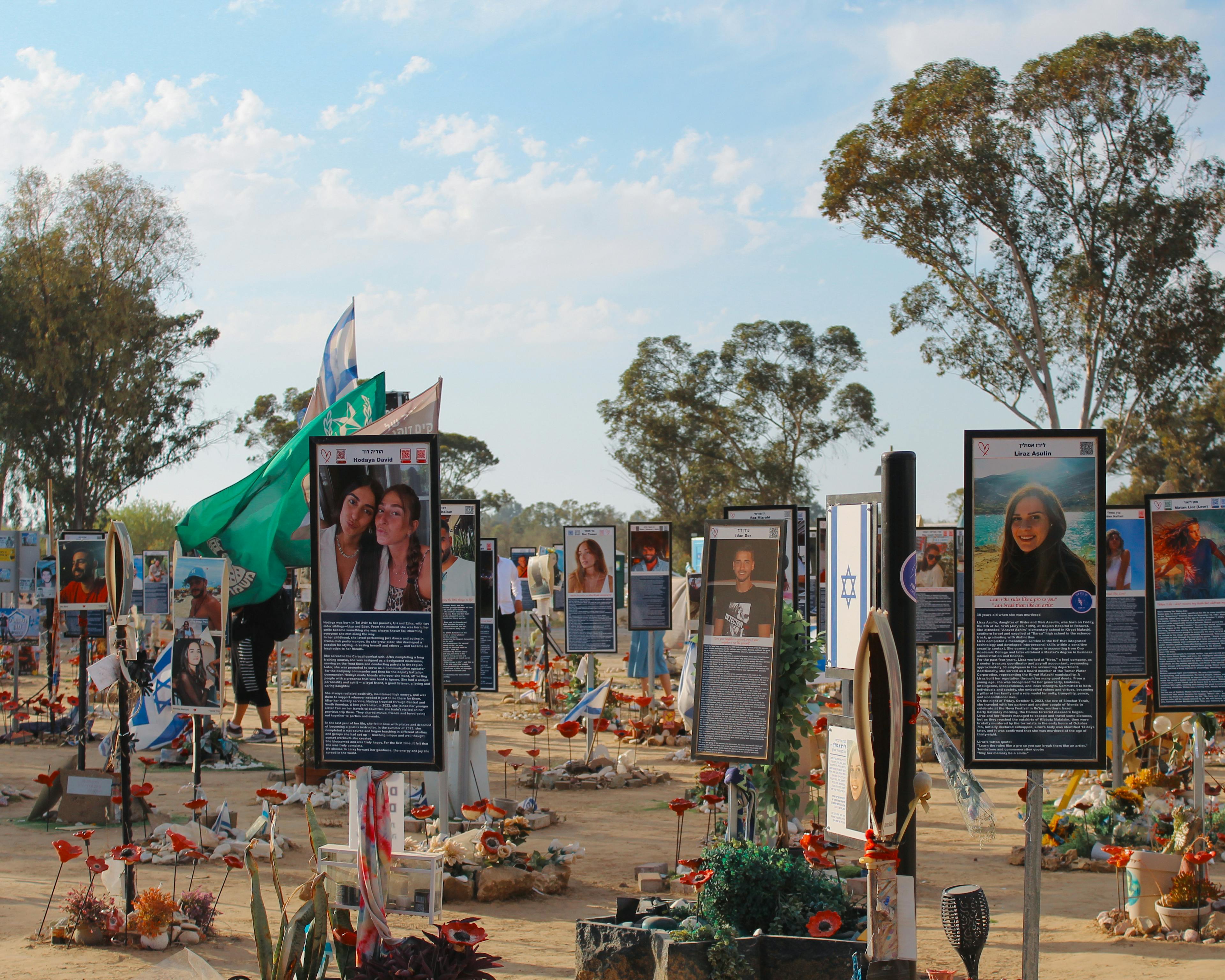Tehran Star: “I Was Told to Post 'Free Palestine' I Refused”

Monday, 30 June 2025 | Dozens of her concerts were canceled. Her managers turned their backs. Festivals imposed a veto on her. After October 7, singer Liraz Charhi watched her international music career collapse. Now, she speaks about her decision to focus her work in Israel, the grief over five members of her husband Tom Avni’s family who were murdered in the October 7 massacre, and the songs she wrote for the film Reading Lolita in Tehran.
Though it now feels like a story from a previous life, there was a moment before the Gaza war when Liraz Charhi received one of the most tempting offers in her career but had to turn itthem down. In March 2023, Variety reported that Charhi had been cast in a major role in a historical series by director Roland Emmerich (Independence Day) alongside Anthony Hopkins. Filming took place in Rome, but Charhi couldn’t find the time, as her international music career was at its peak, with dozens of festival performances across the globe, leaving no room in her calendar.
Who turns down a project like that?
“For a month, we tried to organize the schedule to make it happen,” she recalls. “We planned to finish a show in France, drive to Hungary, and catch a flight from there, but I realized it didn’t work out, so I let go."

“Besides, at that point, my tour schedule was set two years in advance. I couldn’t just tell my agents, ‘I’m not coming.’ I can’t violate contracts. There are agreements, they pay in advance, and book flights. What else, it took me so many years and a significant amount of money invested in my music to become profitable. Suddenly, I had agents in the Netherlands, Denmark, and Belgium. That step up allowed me to grow in terms of my art, my business, and my audience. I didn’t want to give that up."
On October 7, five members of her partner Tom Avni’s family, residents of Kibbutz Be’eri, were murdered. The family was plunged into deep mourning. Three days later, on October 10, her UK agents unexpectedly informed her that most of her concerts had been canceled. A handful of world music festival producers were still willing to host her, but for the most part, Charhi, who had built her career around modern Iranian music, watched her life’s work fall apart.
“The agents and festival managers had a very clear agenda,” she says. “As long as the war goes on, artists from conflict zones won’t be invited to the stage. Not Jewish, not Arabs, not Russians, not Ukrainians. I lost a lot."
'Hey, we have a contract'
Charhi, 47, born to parents who emigrated to Israel from Tehran, first broke into public consciousness in 2004 with Avi Nesher’s film Turn Left at the End of the World. That same year, she released her self-titled debut album, which featured songs in Hebrew. Since then, she has played roles in Israeli TV series, in films (including Fair Game, alongside Sean Penn and Naomi Watts), and on stage (Rembetiko). In 2016, she returned to her Persian roots and a year later launched her international career with the album NAZ.
These days, the international film Reading Lolita in Tehran, directed by Eran Riklis, is playing in theaters. Charhi wrote the lyrics for the songs featured in the film, which tells the story of a literature professor returning to Iran from the United States in the late 1970s, just as the Islamic Revolution erupts. She decides to teach subversive literature in a private women’s class, hoping to avoid detection. The film is a visual gem, with a stellar cast of international actresses, including Charhi’s aunt Rita, who delivers a standout performance in both English and Persian.
What did the months after October 7 look like?
“October 7 was a tremendous pain for us. Everything changed. We changed. Our home changed. The kids. Our relationship. We're building a whole new relationship now. Anyone who says they haven’t changed after October 7 is either disconnected or in denial. I cried nonstop for six months.
“In that first half-year, I was very functional. I visited our family, who had been evacuated to a hotel in the Dead Sea area, and I tried to keep up the few remaining shows I had abroad. After flights were canceled, I traveled abroad via connection flights in two different countries just to reach a third country. I slept in roadside motels. Once, on the way to the airport, I got a message that my flight was canceled and found myself spreading out credit cards on my lap to buy new tickets."
Despite Charhi’s determination not to let the war derail her artistic path, she failed to do so. After recovering from the initial grief, she entered the studio to record her sixth album. But the London-based label representing her grew hesitant and kept delaying the album’s release.
“To meet their deadline, I found myself dodging rockets on the Ayalon highway [a major highway in Tel Aviv], driving with my daughters, who had no school, just to get to the studio, while everyone around me was in mourning,” she says. “Then, they called a Zoom meeting to tell me I needed to stop and stay silent, that it wasn’t the right time to release an album.
“Hey, we have a contract! Why should I be silent? I’ve fought my whole life for voiceless women, for my grandmothers, for myself. I grew up in a home where I was silenced. I wasn’t willing to be silent and stop."
“Then festival directors started messaging me: ‘Maybe you shouldn’t come? Maybe it’s dangerous?’ But I went anyway. In the end, though, I was clearly told, ‘Don’t come.’ They had received threats and weren’t willing to have Israeli musicians on their stage, even though my message is one of peace and love, and even though I make albums with artists from enemy countries. None of that mattered to them."
“Two months after the outbreak of the Gaza war, I went out on the few tour dates that hadn’t been canceled in Berlin, Frankfurt, Hamburg, and Paris. I went from performing in venues of 1,500 people to clubs with 300 people, because so many tickets were cancelled. I got hate messages with photos of my vinyl records wrapped in Palestinian flags or tossed in trash bins."
“I talked about it on Sky News and CNN. At some point, I had a Zoom call with my label managers. I told them, ‘You keep trying to put words in my mouth; I know how to give an interview. What do you want me to say?’ Their answer was: ‘We want you to post on your social media, “Free Palestine, Cease-fire now'."
“My PR manager, who was my right hand in Europe and built my career there, would go with me to rallies supporting the hostages' families, and stood beside me when I spoke in the British Parliament calling for the release of our kidnapped women. Even that wasn’t enough to stop her from judging me and Israel. I maintain no contact with her anymore.”
You refused to echo your managers' messages.
"That's right. I tried to explain that my family had been murdered. I told them what it was like living in a neighborhood where all the kids’ parents are in their 40s and 50s and serving in the military reserves, and soldiers were protecting us. I explained that we had to fight back because we were slaughtered. They couldn’t understand what I was talking about. I’m a very patient person, but at that point, I decided that I didn’t want anything to do with these people.
“I moved to another label. It was a heartbreaking decision because they built me. I was their star. I’m talking about this now, and I can barely breathe. I realized they were all pro-Palestinian, and that’s fine, but they have no right to judge me.
“Forget the money I put in, the work, the audience that was waiting to hear me, the momentum I had in my career, I reached a peak, and everything fell apart. Looking back, they did me a huge favor. I’m in a better place today.”
Did you consider relocating temporarily?
“In the beginning, when my world collapsed, I thought we’d leave the country for a while to try and save my career. But I realized I couldn’t abandon this place. I couldn’t leave Tom, who was grieving. I was grieving, too. Music is incredibly important, but life comes first."
Counting on Trump
In May 2024, Charhi released her sixth album, parts of which she recorded in a home studio she built herself. Aside from a few performances abroad, she has spent most of her time in Israel, collaborating with the Andalusian Orchestra, performing at corporate events and private gatherings, and filming both a youth series (Quest, for Nickelodeon) and a short film by Tamar Karavan. When she’s not making music, she returns to acting.
“Even with all the grief and tears, I feel a lot of joy and gratitude,” she says. “This time in Israel has been good for me. It grounded me. I spend time with my daughters, without having to constantly fly in and out of Ben-Gurion Airport, and without that guilt that’s always haunted me as a mother."
“Since last October, I haven’t had a single show abroad. Recently, though, I was somehow invited to perform on the main stage at Fusion Festival in Germany next month, in front of 15,000 people. Maybe something’s shifting."
What perspective will you take with you back on stage?
“I’ve learned people aren’t necessarily antisemitic, they’re just deeply ignorant. They don’t understand what’s happening here, and they never will, and they judge us unfairly. Saying ‘Free Palestine’ is a trend. It came out of nowhere, and it will fade the same way. They don’t know the history of this conflict.
“Even in LA, where I’m recording my seventh album, I see all these stickers. I’m sure they’ll eventually understand what happened to us and what’s still happening in Israel. What happens here is happening abroad, too. In Berlin, there’s a terror attack every five minutes. They've just foiled a bombing at a Lady Gaga concert. Terror is taking over the world. Same story, different place. Sadly, Europe and the US are going to learn the hard way. We’re all in the same boat.”
Do you still have hope?
“I’m really counting on Trump. I never thought I’d say that, but listen, if he’s with us, I support him,” she laughs. “I have a feeling he’ll open up Iran to the world. I believe he’s going to reshape history. His ego needs it. And as long as it makes the world better, I’m with him."
(This article was originally published by Ynetnews on June 28, 2025. Time-related language has been modified to reflect our republication today. See original article at this link.)
https://www.ynetnews.com/culture/article/ry3jarfvgl
License: Wikimedia
Related Resources

Discover Your Purpose and God’s Heart For You
In today's divided, turbulent world, it's essential for the Church to rediscover God's heart. Our free e-book, authored by a seasoned expert with three decades of experience in Israel, delves deep into the teachings of Jesus (Yeshua) to reveal God’s principles of love and purpose. Learn how embracing these truths can bring significance and impact to your life, even amidst chaos. Subscribe now to receive your free copy and embark on a journey of transformation.



